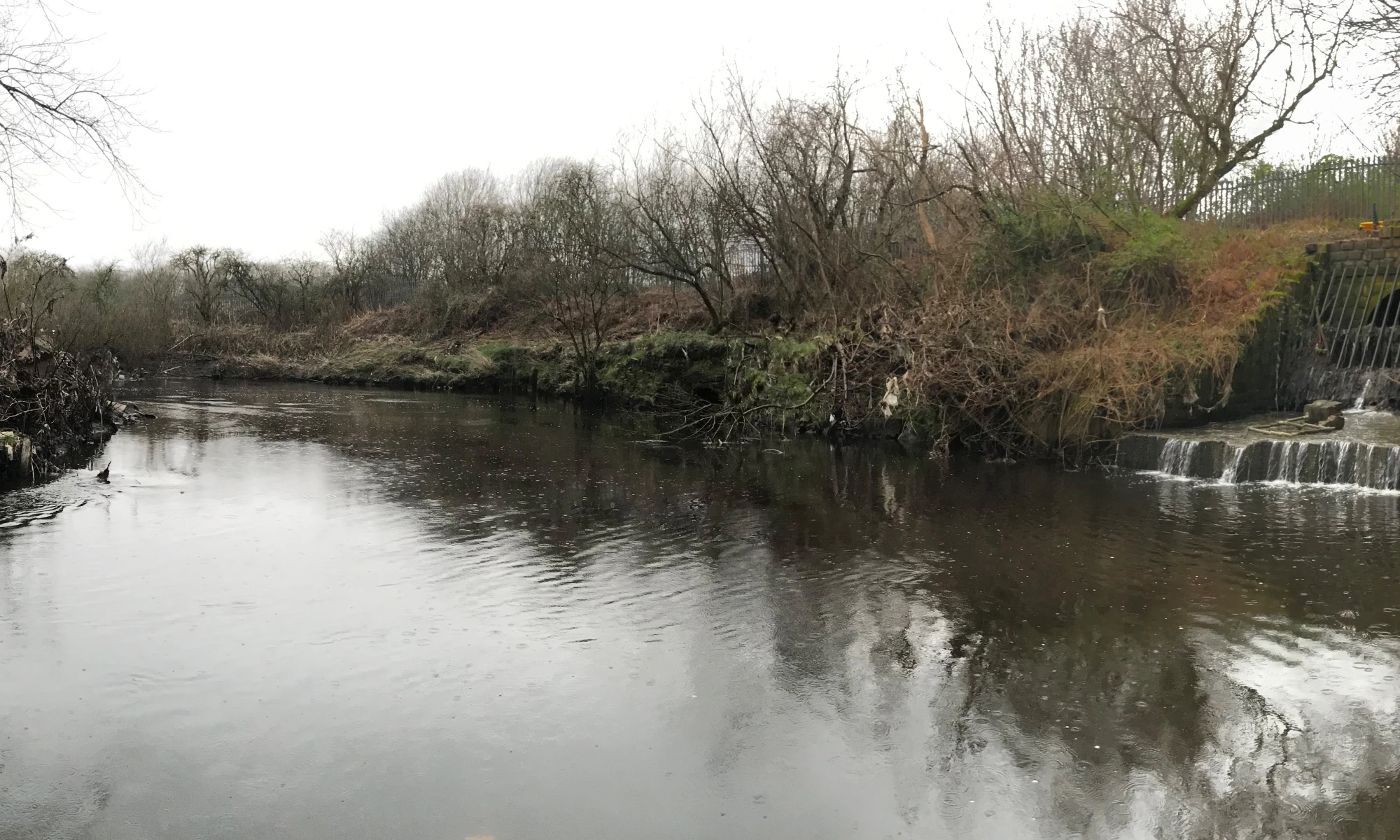Marine Heatwave Calls for Clean Rivers, Coasts

An unprecedented marine heatwave is currently underway off the coast of the United Kingdom, with water temperatures up to 5 degrees Celsius warmer than usual. The heatwave is being caused by a combination of factors, including climate change, less Saharan dust, and Arctic ice reflecting the sun’s warming rays.
RICHARD KF UNSWORTH and BENJAMIN LH JONES warn that water pollution, specifically from fertilisers and sewage, is suffocating aquatic environments
The marine heatwave is having a devastating impact on marine life. Sea grass meadows, which provide important habitat for fish and other marine animals, are dying off as the water becomes too warm. Shellfish populations are also being decimated, as the warmer water makes it difficult for them to reproduce.
The marine heatwave is also a threat to human health. Warmer water can harbor more harmful bacteria and viruses, which can lead to outbreaks of illness. In addition, the warmer water can make it more difficult for people to swim and enjoy the beach.
The marine heatwave is a wake-up call for the need to clean up rivers and coasts. Sewage and other pollutants from our cities and towns are making our waterways more vulnerable to marine heatwaves. By cleaning up our rivers and coasts, we can help to protect marine life and human health from the impacts of climate change.
 Members of the public and protesters from Hastings and St Leonards Clean Water Action, protest against raw sewage release incidents on the beach in St Leonards, Sussex. Picture date: Friday August 26, 2022.
Members of the public and protesters from Hastings and St Leonards Clean Water Action, protest against raw sewage release incidents on the beach in St Leonards, Sussex. Picture date: Friday August 26, 2022.What causes marine heatwaves?
Marine heatwaves are periods of unusually warm water that last for weeks or months. They are becoming more frequent and severe due to climate change. Other factors that can contribute to marine heatwaves include:
El Niño events, which bring warm water to the Pacific Ocean
Changes in ocean currents
Upwelling of warm water from the deep ocean
Pollution from human activities
What can we do to prevent marine heatwaves?
There is no way to completely prevent marine heatwaves, but there are steps we can take to reduce their frequency and severity. These include:
Reducing greenhouse gas emissions
Improving water quality by reducing pollution from sewage and other sources
Protecting coastal ecosystems, such as seagrass meadows and mangrove forests
Building seawalls and other infrastructure to protect coastal communities from flooding
The marine heatwave off the coast of the United Kingdom is a stark reminder of the dangers of climate change. By taking action to reduce greenhouse gas emissions and protect our waterways, we can help to prevent future marine heatwaves and protect the health of our planet.

- Art
- Causes
- Best Offers
- Crafts
- Dance
- Drinks
- Film
- Fitness
- Food
- Games
- Festival
- Gardening
- Health
- Home
- Literature
- Music
- Networking
- Other
- Party
- Religion
- Shopping
- Sports
- Theater
- Wellness



